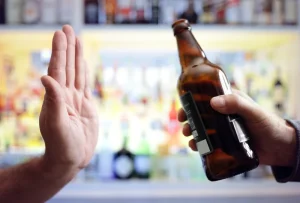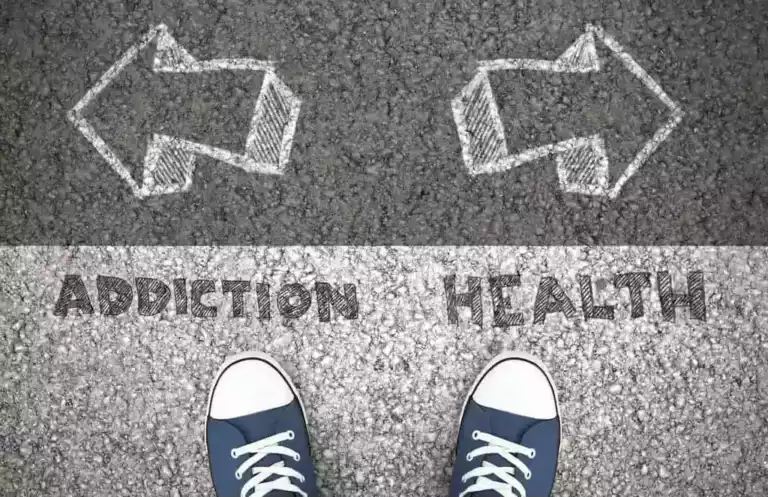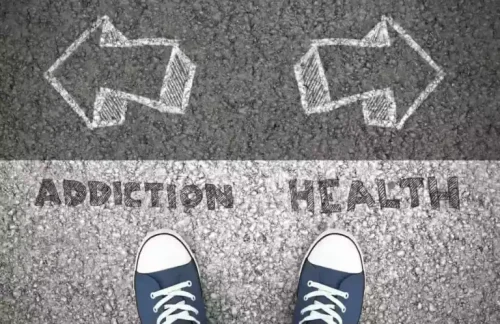
For example, darker liquors often create stronger odors than lighter ones. Alcohol-induced body odor does alcohol come out of your pores doesn’t impact social drinkers as much as individuals with long-term excessive use. Simply put, the more you drink the more toxins your body has to push out and the higher the likelihood that you’ll choose to skip proper hygiene, which can negatively affect your social life and self-esteem. Dermatologists and licensed estheticians can offer extractions, chemical peels, and prescription-grade products, all of which can be helpful for chronically clogged pores. Plus, these experts can help you put together an A+ routine for keeping your skin clear after in-office treatments. The effects of alcohol on your skin range from redness and puffiness to acne.
How Red Borneo Kratom Boosts Your Productivity
Again, seeing your pores in the mirror is completely normal and it’s best to avoid hyperfixating on your pores for the sake of your mental health and your skin. Traditional, sticky black strips are not the same as hydrocolloid patches and may actually make the problem worse. “Hydrocolloid patches tend to be gentler than blackhead strips, whose adhesive can be damaging and disruptive to the skin barrier,” Marcus explains. Physical exfoliators like gentle scrubs can help to manually slough off dead skin cells, thus reducing the chance of getting a clogged pore.
How long does it take for alcohol to be removed from your body?
But even for normal skin, you can expect a blotchy complexion and some puffiness. “Alcohol is known to dehydrate the skin, depriving it of the moisture and nutrients it needs to keep our complexion looking radiant, supple and youthful,” says Dr Rita Rakus, Cosmetic Doctor. Furthermore, alcohol is extremely volatile, and nearly all of it will evaporate before being absorbed. One standard drink takes about an hour to metabolize on average.
What Does Alcohol Body Odor Smell Like?

That being said, some folks are more prone to blackheads than others. And clearing out clogged pores before they turn into full-fledged breakouts is one of the best ways to manage acne. If you want to try to counteract alcohol’s effect on your skin, then remember to stay hydrated. Drinking plenty is important all the time, but when you’re adding booze into the mix, it’s all the more crucial. There are rumblings all the time about red wine being the healthier choice when it comes to alcohol.

The best and worst alcoholic drinks for your skin
Whether it’s a glass of your favourite Pinot with what is alcoholism your wife over dinner or drinking four shots of gin through your ear (yeah…I did that once for reasons I’m still not sure about), alcohol is the world’s lubricant. We are never going to become that guy down at the mall who wets his pants and shouts inanities at long forgotten gods. Sometimes, conditions like alcoholic ketoacidosis can change the scent of your sweat.
- It’s a reminder that you might need more time to metabolize alcohol before engaging in activities like driving.
- “Dehydrated skin needs to be treated from within, and plain and simple water is your best option,” explains Faye.
- This can create an unpleasant body odor, especially when combined with bacterial growth.
Does your body ever sweat out alcohol?
- The sebaceous glands, which secrete oil, are triggered for the first time during puberty, so while bathing a few times a week may work for a child, a teenager will find that showering seldom can lead to a bad smell.
- In fact, dark spirits generally make for the worst hangovers and are the worst culprits for bad skin.
- Although there is no one-size-fits-all answer for this question, it is important to understand the impact alcohol can have on our bodies and how it can affect our personal hygiene.
- Beyond just extractions, acne facials also include topical treatments with ingredients like salicylic acid, benzoyl peroxide, tea tree oil, etc.
- Alcohol can leave behind a strong and lingering smell that can be hard to get rid of.
- Ohio State experts explain a new federal advisory that indicates there’s no safe level of regular alcohol use when it comes to cancer risk.
- How much you drank, where you have been, why you are missing your tie, what time of day it is, why you slept on the floor – you will lie about everything to avoid anyone questioning your drinking habits.
This happens because of diacetic acid, a byproduct that escapes through your sweat, especially when you’re hot or exercising. A serious hangover usually accompanies a night of moderate or heavy drinking, but it can also leave you smelling like alcohol the following day. The best way to clean out your pores after drinking is by sweating out the toxins and then thoroughly bathing. A brisk walk, vigorous cardiovascular exercise or even a short time in a sauna will help flush your pores of the toxins leftover from the alcohol you drank the night before. Most people are familiar with the breath and body odors that spring up after a heavy drinking session.

